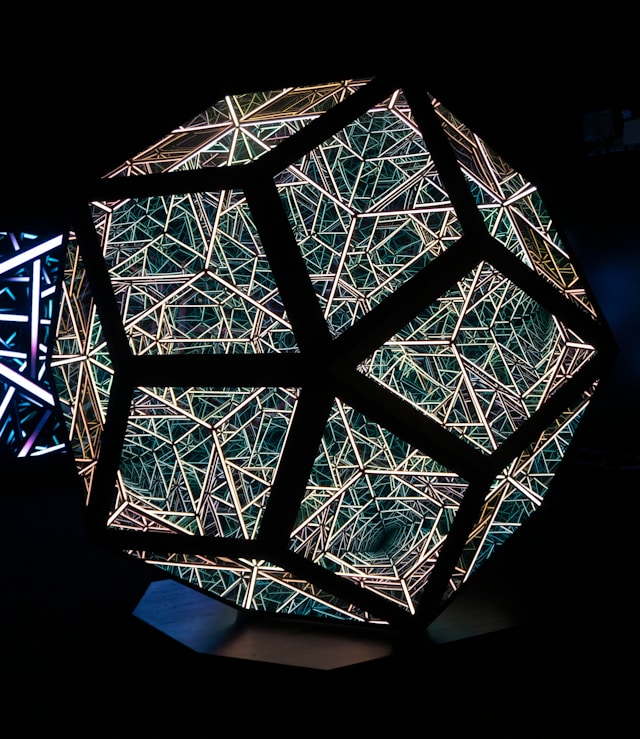
Courtesy of the most excellent Mathematics Geneology Project. Me: Jonas Reitz My mathematical parent (graduate advisor): Joel David Hamkins My mathematical grandparent: William Woodin My mathematical great-grandparent: Robert Solovay My mathematical great-great-grandparent: Saunders Mac Lane My mathematical great-great-great-grandparent: Hermann Weyl My mathematical great-great-great-great...





